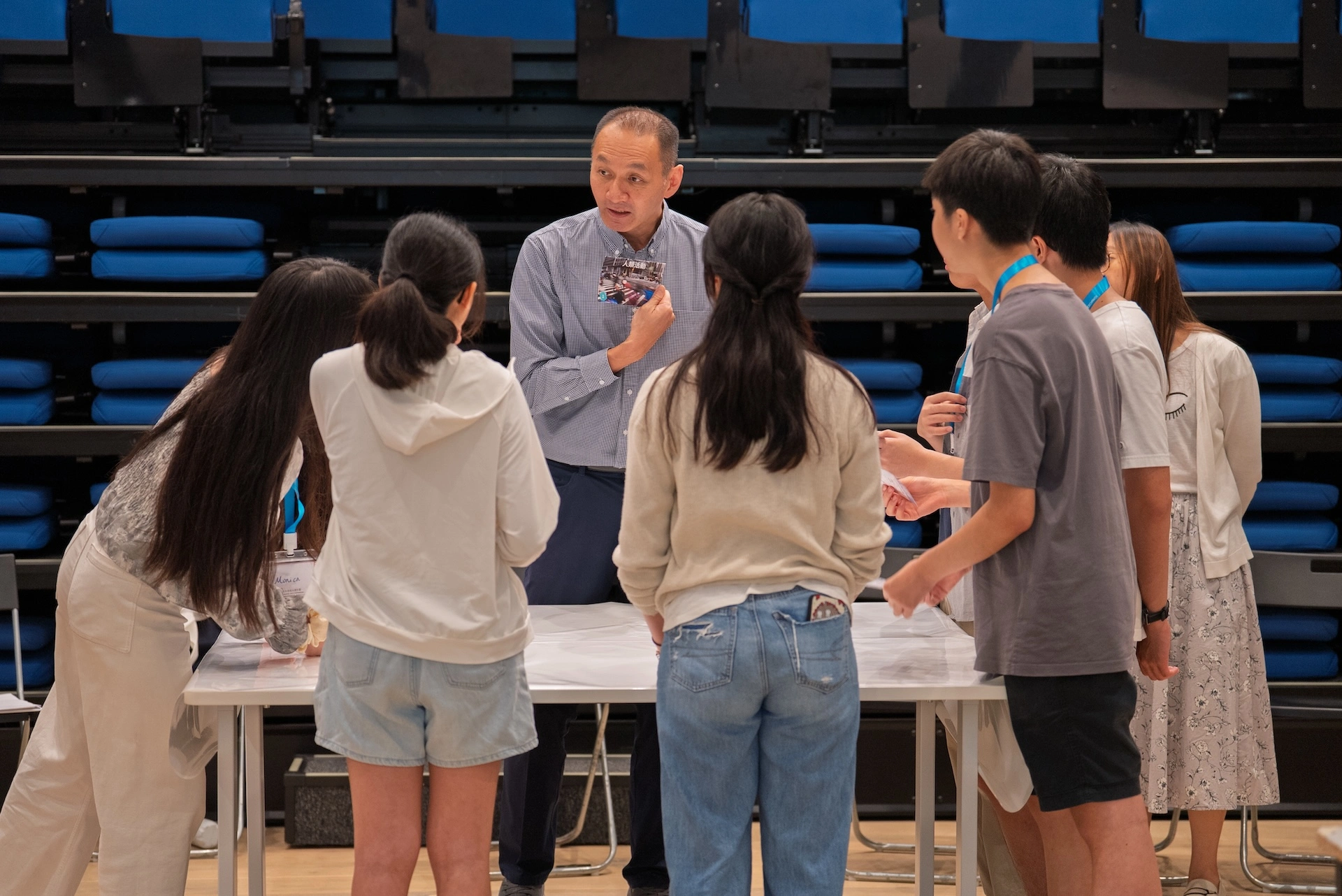YEA 4th Edition, Day 1: Climate Fresk and Megawatt
- HK2050isNow
- Jul 22
- 2 min read
On 22 July, the newest cohort of the Hong Kong 2050 is Now Young Environment Ambassador (YEA) Programme launched their journey with two interactive and thought-provoking group activities: Climate Fresk and Megawatt. These sessions were designed to deepen participants’ understanding of climate science and the complexities of energy generation through hands-on, game-based learning.
Participants the Megawatt session, a strategic card game centred on constructing an electricity grid. Players explored various energy sources, from traditional fossil fuels like coal and gas to renewables such as wind, solar, and hydroelectric power. Through this simulation, students gained insight into the importance of balancing power generation capacity with environmental impact, learning that a diversified energy portfolio is key to a sustainable electricity system. The game sparked animated debates on the challenges and trade-offs in real-world energy planning. Throughout the day, students actively engaged with their peers and received guidance from our programme helpers, enriching their learning experience and fostering teamwork. The enthusiasm and curiosity they demonstrated underscore the exciting journey ahead.
We also extend our thanks to Charlie, the 1st YEA edition winner, for giving a compelling speech on decarbonisation strategies. Drawing from Charlie’s talk, many students proposed practical measures to lower Hong Kong’s carbon emissions, including implementing a private car tax, offering subsidies for green transport alternatives, limiting the number of cars on the road via purchase quotas, and increasing tunnel fees for private vehicles. These suggestions reflect the group’s growing awareness of policy tools that can drive meaningful environmental change.
Finally, the day concluded with the Climate Fresk game. We thank the Climate Fresk Hong Kong team for coming to guide this insightful workshop. Inspired by the latest scientific findings from the United Nations Intergovernmental Panel on Climate Change (IPCC), students worked in small teams to piece together sets of cards representing climate-related causes, effects, and feedback loops, gradually building a detailed visual map of the Earth’s climate system. The lively discussions within groups, aided by our dedicated facilitators, helped clarify the intricate connections between human activities and environmental changes. Many students expressed that this exercise made complex climate science more accessible and memorable.
After playing the Climate Fresk, students shared new insights and ideas. One participant suggested that a recycling scheme paired with rewards could encourage more people to recycle plastic bottles. Another proposed that offices should set benchmarks for sustainability actions, such as reducing paper usage and saving electricity. Meanwhile, a third student highlighted the environmental benefits of eating less beef as a way to reduce carbon emissions.
As with previous editions, we anticipate that the skills and knowledge gained on Day 1 will empower these young ambassadors to design and implement impactful climate initiatives. We look forward to supporting their growth as future environmental leaders committed to driving positive change.







Comments